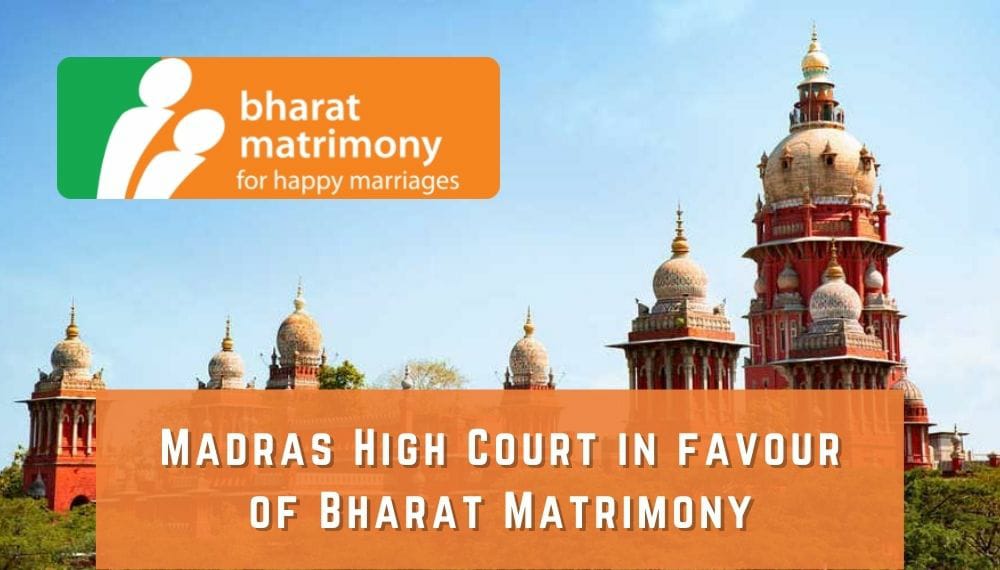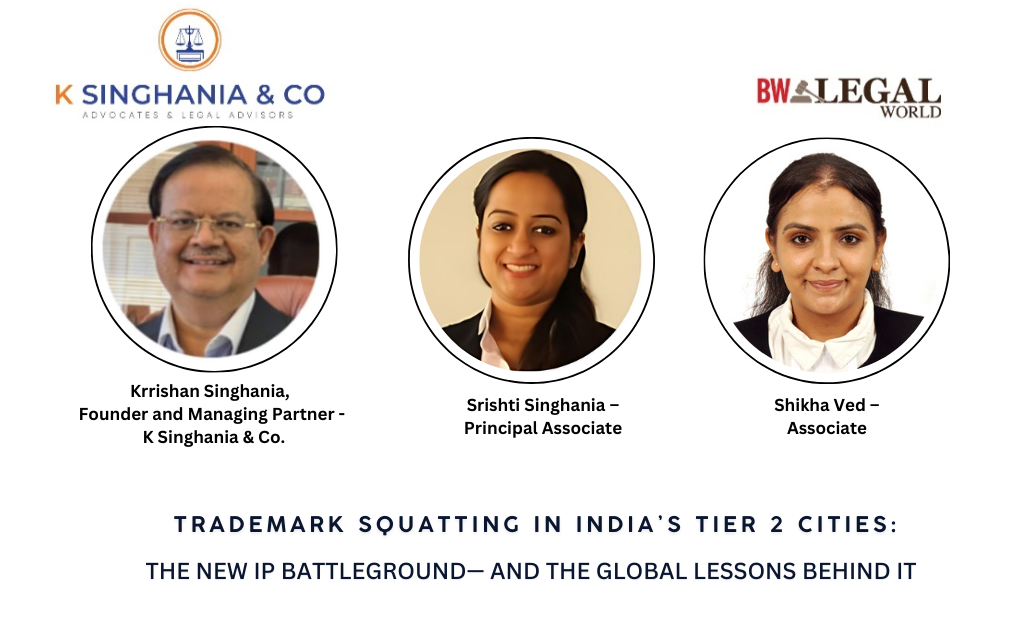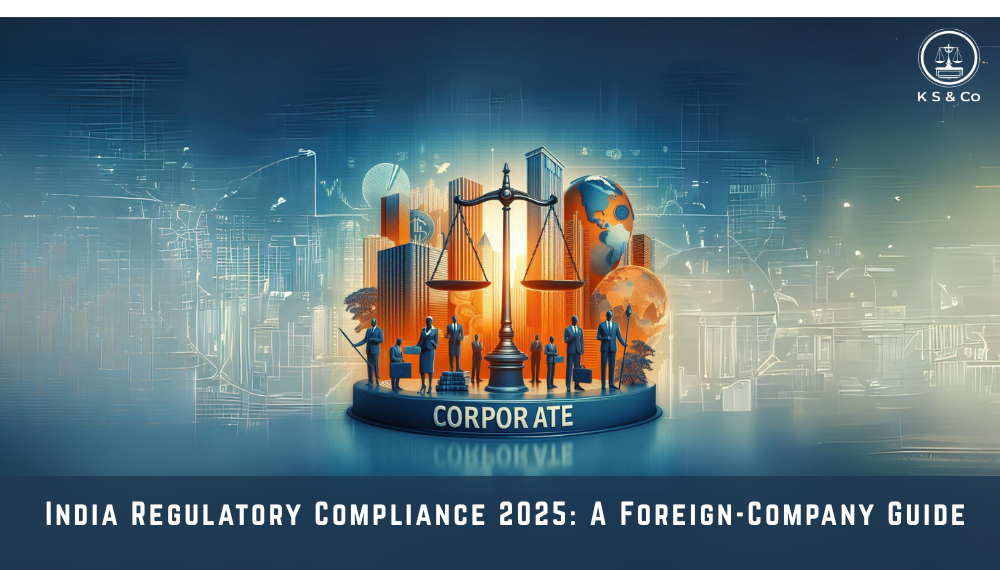INTRODUCTION:
On 6th October, 2021, recently, Hon’ble Dr. Justice GJ Jayachandran of the Madras High Court determined that the defendant, Silicon Valley Info media Private Limited, was taking undue advantage of Bharat Matrimony’s goodwill in the sector of online marriage alliances. [M/s. Matrimony.com Limited v/s Silicon Valley Infomedia Private Limited](Case No. C.S (Comm. Div.) No. 223 of 2019)
The above judgement was passed in light of the provision u/s 29 of the Indian Trademarks Act of 1999 which stands under the rule that a registered trademark is infringed by any person who, without being the registered proprietor of the Mark or a person authorised by the owner for its user (registered user), uses that trademark that is identical with, or deceptively similar to the mark in relation to goods and services in respect of which the trademark is registered.
The object of this article is to educate the start ups and proprietors and students to understand the principles of Section 29 of the Indian Trademarks Act of 1999.
LET’S START WITH UNDERSTANDING: THE GENERAL PRINCIPLES APPLICABLE TO CASES OF INFRINGEMENT
1) The comparison of the two trademarks should go through an assessment of the likelihood of confusion as to origin of the goods or services concerned. This involves assessment of the mark’s uniqueness as well as a number of other elements that are common in passing off instances depending on case to case basis.
2) Consumers should be considered when assessing the possibility of misunderstanding since they are reasonable but do not exhibit excessive caution and it is assumed that they may not be able to understand difference between similar identical marks on the products.
3) While assessment, please note that the entire mark and all relevant similarities must be considered with the understanding that certain characteristics of the mark and sign will be more distinct and dominating than others.
4) The defendant should have duplicated the fundamental elements. In the case S.M Dyechem Ltd v. Cadbury India Ltd[1], the Supreme Court stated that the Plaintiff must prove that the defendant has duplicated the important characteristics of the mark. The mark is considered to be infringed if the defendant replicated the fundamental elements of the mark or in part while utilising the mark.
BACKGROUND:
Bharat matrimony filed a case seeking an injunction to prevent the Silicon Valley Infomedia and its agent from infringing on the Bharat Matrimony’s registered trademark BHARATMATRIMONY and its variants.
As we know Bharat matrimony is a reputed name in providing online matrimonial services and is in business since 2001, using the internet as a venue for marriage alliances.
It enjoys goodwill in India and across the world. The plaintiff’s online company began in 1997, with the domain name www.bharatmatrimony.com. However, to meet the demands of the regional client, Plaintiff registered multiple different domain names depending on language and religion. To preserve the mark and enjoy it exclusively, the plaintiff registered the domain name www.bharatmatrimony.com.
Furthermore, it was asserted that Defendant had adopted the Bharat matrimony’s identical mark for its internet company in order to capitalise on Bharat matrimony’s notoriety and widespread public acceptability. Court expressed that Defendant adopted www.bharatmatrimony.org with the goal of riding on Plaintiff’s goodwill and reputation and with the malafide intention of deceiving and confusing consumers in order to get unlawful profit.
In addition, it was stated that when the plaintiff became aware of the defendant’s unauthorised use and wrongful exploitation of the name used for the plaintiff’s trademark by the defendant, notice was served on the defendant to cease and deceitfully adopting the mark that was identical to the plaintiff’s trademark BHARATMATRIMONY.
Test of Identical mark:
| Bharat matrimony
(Plaintiff’s Trademark) |
Silicon Valley Info media Private Limited
(Defendant’s Trademark) |
| www.bharatmatrimony.com
|
www.bharatmatrimony.org |
The Hon’ble Dr. Justice GJ Jayachandran was convinced that the plaintiff had been using the user name BHARATMATRIMONY since 1997 and that the defendant had dishonestly adopted the domain name www.bharatmatrimony.com since 1999 for its domain name, despite the fact that its trade name is www.siliconinfo.com.
Even after being served with a cease and desist notice, the defendant did not respond to justify the use of the domain name. It was said that defendant had committed trademark infringement by using the domain name www.bharatmatrimony.org, which was expressly forbidden under Section 29 of the Trademark Act. The current case is one in which the defendant used the same mark for the same service and provided no reason, despite the fact that the defendant was given multiple chances.
As a result, the suit was allowed in respect of the injunction relief against infringement and the Plaintiff was granted reliefs.
CONCLUSION:
William Shakespeare in his famous book Romeo and Juliet quoted “What is in the name?” However, he was not aware that today a name is the most important asset of a business entity and using someone else name amounts to infringement.
It is important to note that the basic objective of the Trade Marks Act, 1999 is to register trademarks applied for in the country and to “provide protection of trademark for goods and services and also to prevent fraudulent use of the mark”. Madras High Court in its recent ruling has upheld the objective of the said act and protected the interest of the registered user of the trademark and prevented the Defendant from fraudulently using the Trademark of Bharat Matrimony.
The basic point which is attempted from this article is to educate and make aware the new entrepreneurs, proprietor and students regarding infringement and prevention in using or registering a trademark of others. It is very essential to do a public search/prior search in trademark website before using or filing for a registration of trademark.






